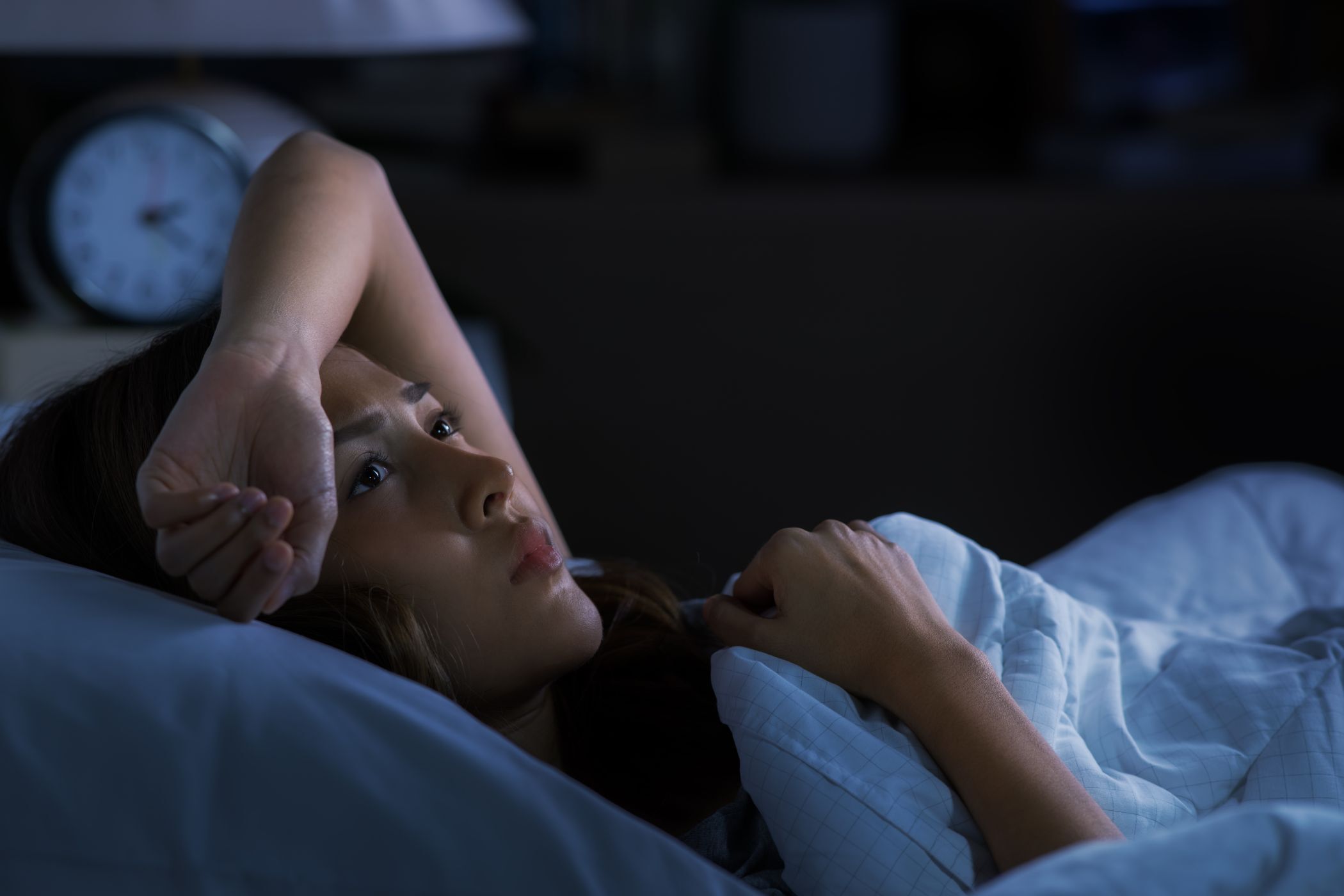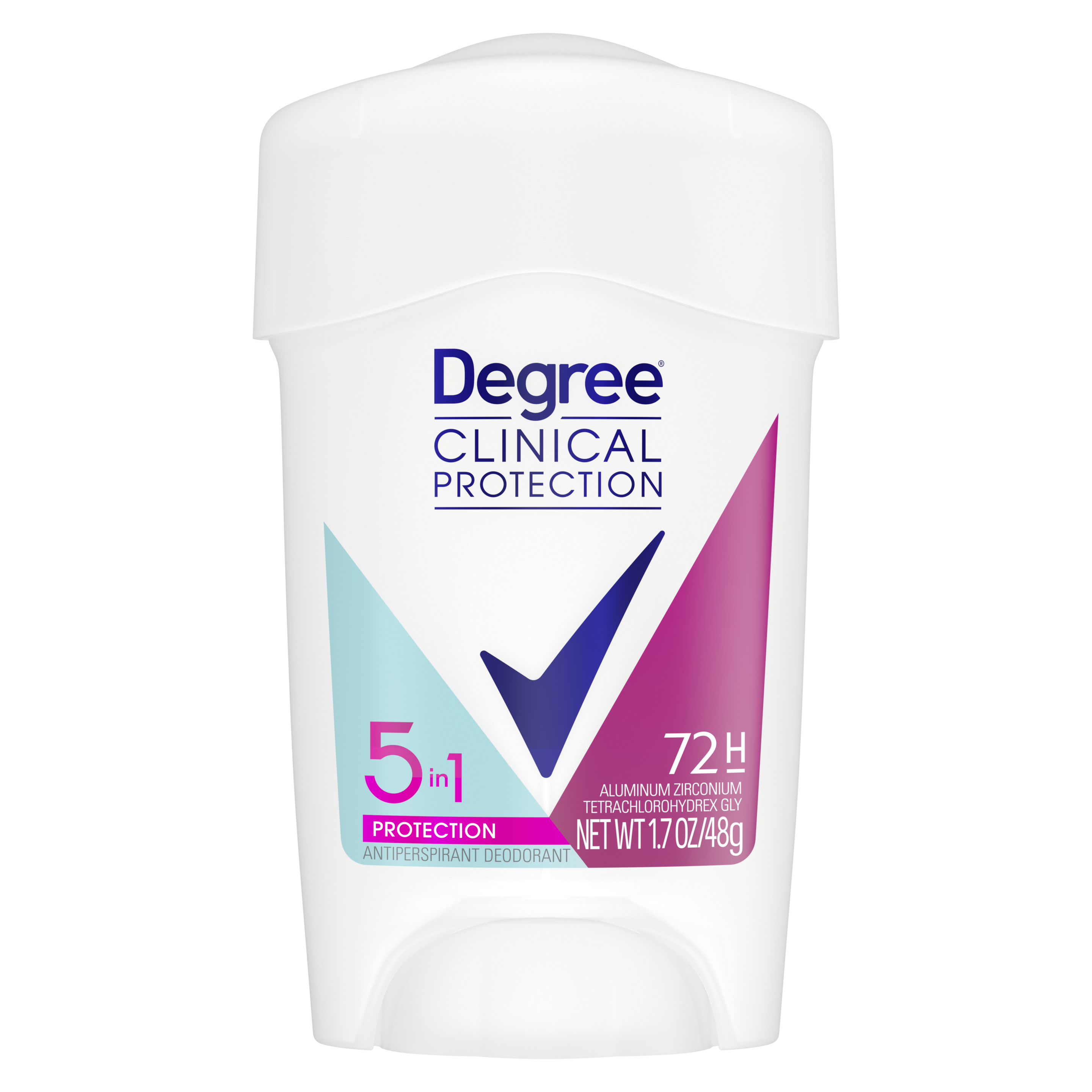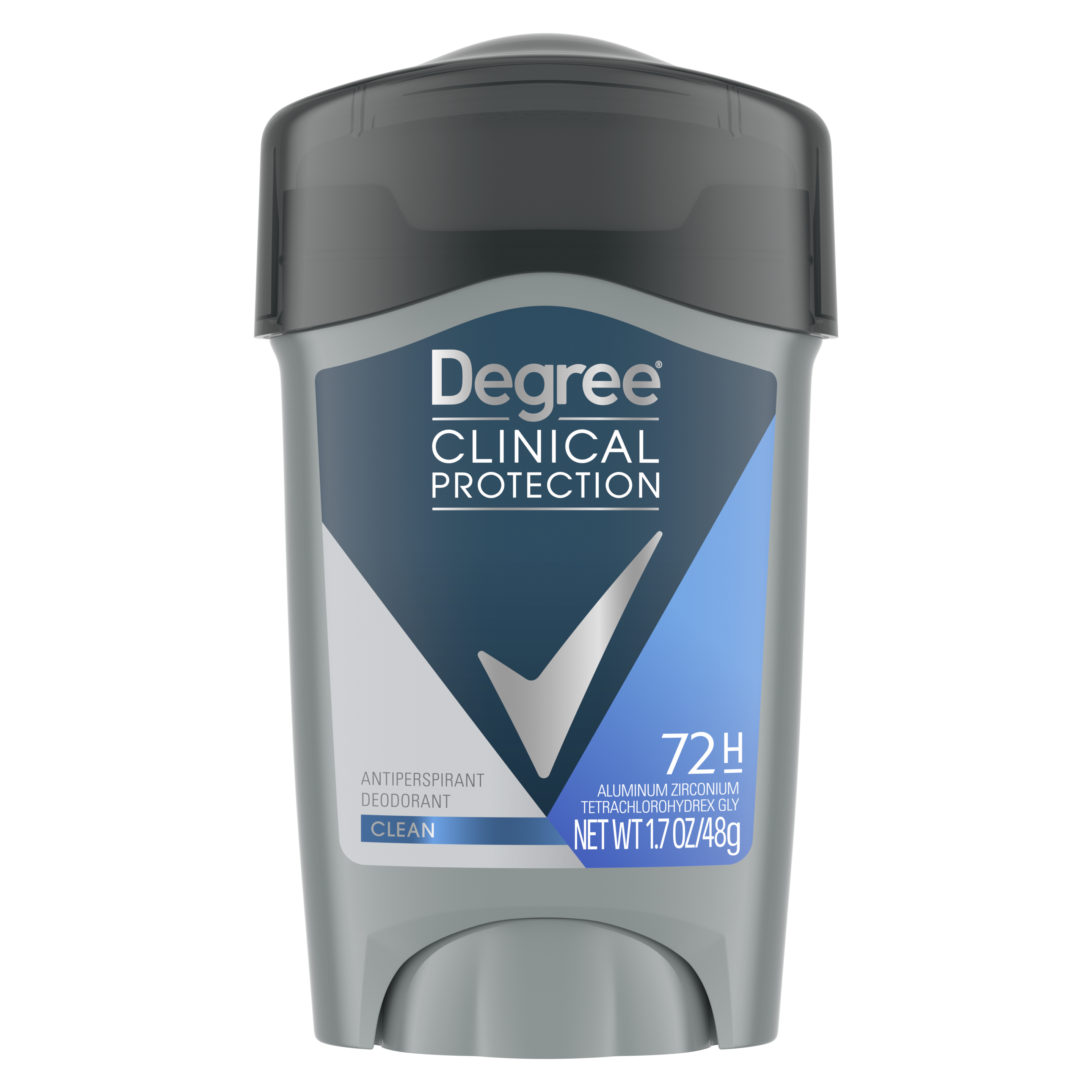It could even be a genetic condition. If you find that you’re sweating even when it’s cold out or without a cause, like during or after a workout, you might have ‘idiopathic hyperhidrosis’. This type of excessive sweating is often genetic and can get worse when you’re stressed.³
Menopause and hormonal changes
One of the primary culprits behind night sweats is hormonal changes. Night sweats are especially common during perimenopause and menopause, as changing hormone levels can lead your hypothalamus (the part of the brain that controls your body heat) to have trouble regulating your temperature, causing hot flushes, then causing the body to sweat more to cool itself down.⁴
Lifestyle causes
Night sweats aren’t always caused by a medical condition, and could be influenced by your day-to-day stress, eating habits and sleep environment. Some of the most common causes of night sweat are:
Stress and anxiety
The demands of modern life often lead to stress and anxiety, which can even be present in your dreams. Sweat at night may be your body's way to process the tension and strain you’ve experienced during the day when you’re asleep.⁵
Sleep environment
The ambient temperature, humidity and airflow of your sleep environment can significantly influence the chance of experiencing night sweats. If your bedroom is overly warm, or if you have heavy bedding or sleep clothing, your body may overheat, triggering sweating.²
Alcohol and food
Although there aren’t specific foods linked to night sweats, drinking alcohol or having spicy foods before bed can contribute to night sweats by raising your body temperature and causing sweating.²
Night sweats are common and usually caused by sleeping in a hot environment or wearing heavy clothes. If they force you to change your bedding or clothes, they might be a symptom of something else.
How to combat night sweats
There are some strategies that you can deploy to help combat or prevent night sweats:²
- Avoid caffeine, alcohol and spicy food before bed, as it can cause your body temperature to rise, causing sweating.
- Check your bedroom temperature or if you sleep with heavy bedding, try to experiment and create the perfect sleeping environment for you.
- Open a window or use a fan during warmer months to improve airflow.
How are night sweats treated?
In case of night sweats due to a medical condition, a medical professional can provide treatment and advice. There’s no one-size-fits-all solution, so make sure you get checked by your doctor if you’re concerned.





